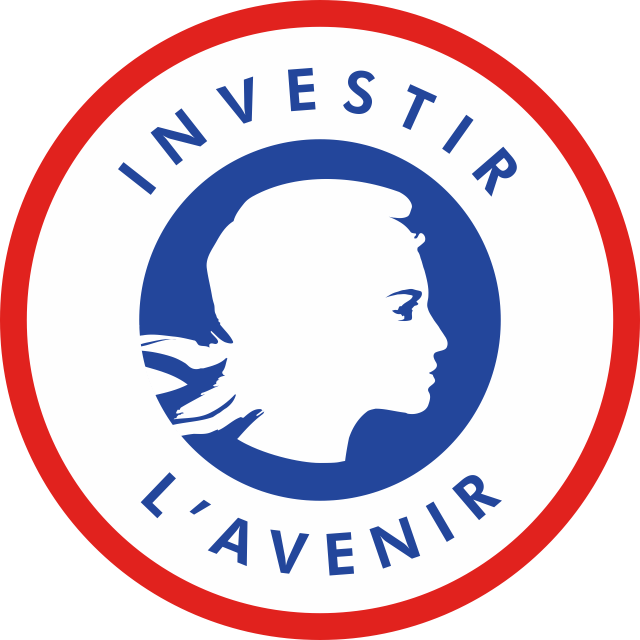CHALLENGE 3 - MANAGING THE TRANSITION TOWARDS INTEGRATED LAND MANAGEMENT
This challenge explores the conditions and policy options for managing the transition towards land use systems integrating adaptation, mitigation and biodiversity objectives. The work is organised into 3 research lines (RL), of which the first 2 have already started.
Different scales - from regional (watershed, large national region) to global - and different methodologies (biophysical and economic modelling, econometric, meta-analysis etc.) will be mobilised with contrasted socio- economic scenario to map the larger possible set of conditions and options to manage the land-use transition. One important objective of this challenge is to provide integrated assessment of mitigation and adaptation issues, drawing on the knowledge from Challenges 1 et 2.

Research line 3.1: Mapping conditions for robust and sustainable articulation of the multiple roles of land
This aims at making an inventory of the potentials and constraints of land-based mitigation options under climate change. To do so, we build on three work packages:
-
WP1: Assessing production potentials of the crop sector;
-
WP2: Assessing production potentials of the livestock sector;
-
WP3. Mitigation potentials and impacts of large-scale bioenergy development.
Research line 3.2: Impact of land-based carbon dioxide removal on climate and the environment
The second RL explores the policy options to carry out these mitigation options integrating the adaptation dimension, as wel as other environmental or socio-economic objectives (e.G. biodiversity). The RL build on three work packages:
-
WP1: Policy options for mitigation and ecosystem services provision in land-based sectors and their articulation with adaptation strategies;
-
WP2: Water / Food / Energy / Biodiversity nexus: Coordinating different policy objectives;
-
WP3: Evaluating the role of international trade to adapt to and mitigate climate change.
Research line 3.3: Conditions for kick for starting the transition
This RL analyses the conditions under which transition towards the sustainable land-use patterns can be triggered in the short timeframe required by the urgency of the environmental challenges we are facing, given an initial situation of economic and agricultural crises in many parts of the world. This analysis draws on the experience of recent transitions in the land sector. Particular attention is paid to the potential losers from the transitions, as well as to the structure of vested interests. This RL also examines the conditions for financing the transition, as well as the availability of technology and of human capital, and the potential sources of lock-in effects, e.g. in regional scale supply chain infrastructures (silos size and location, processing plant size and location).

The activities of young CLand researchers within Challenge 3 on managing the transition towards integrated land management include:
- the evaluation of the production potentials of the crops sector: evaluation of the quality in the distribution of land with regard to its agronomic quality and their geographic accessibility.
- the evaluation of production potentials in the livestock sector (Lucie Perrin's Thesis).
- analysis of the potential and mitigation impacts of large-scale bioenergy development (postdoc by Joao Pedro Domingues' Postdoc).
- coordination between environmental policy objectives: production of simulations of the AROPAj and NLU models on a nitrogen input reduction scenario and tested their consequences on biodiversity using the PREDICTS model, and carbon stocks with the ORCHIDEE model (article submitted).
- assessing the role of international trade in adapting to climate change: machine learning methods used to predict the price of maize based on the yields observed in a selection of large producing regions.



